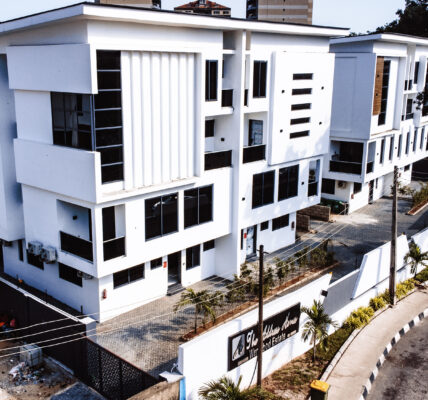At a time the peace accord signed by the Federal Government and the Indian firm, Global Infrastructure Nigeria Limited (GINL), for the resolution of the Ajaokuta Steel Company’s legal tussle was expected to yield, the company has come up a new twist.
Findings show that the new move by GINL may frustrate covered grounds in the resolution.
Currently, the implementation of the agreement may be heading for the rocks if the fresh request by GINL to take charge of the Itakpe-Ajaokuta-Warri rail line, which is under construction, is anything to go by.
Besides, the Indian firm also wants to run the Delta Steel Aladja and the Warri Port, in addition to the National Iron Ore Mining Company, Itakpe, which was conceded to the company by the Federal Government in the Modified Concession Agreement in August 2016.
Delta Steel, the Itakpe-Ajaokuta-Warri rail line and the Warri Port are all important infrastructure required for the smooth operation of the steel industry within the Ajaokuta-Warri steel corridor.
The Itakpe-Ajaokuta-Warri rail line and the Warri Port are important transportation infrastructure for the movement of raw materials and finished products to and from both Itakpe and Ajaokuta.
Since the company had conceded Ajaokuta, running Delta Steel currently operated by another private firm will give it an opportunity to process some of the steel to be produced from NIOMCO in Itakpe. When operational, NIOMCO is expected to feed both Delta Steel and Ajaokuta with processed iron ore.
Under the privatisation programme of the Federal Government, the Ajaokuta Steel Complex and NIOMCO had been given as concessions to Global Steel Holdings Limited for $300m by the regime of former President Olusegun Obasanjo.
Business Hilights recalls that stemming from the allegation of asset stripping levelled against the Indian firm; the concession was cancelled by the late President Umaru Yar’Adua on April 1, 2008. Consequently, the GINL approached the International Court of Arbitration in London for arbitration against the Federal Government.
Nigeria is said to have among the highest deposits of iron ore in Africa, but the economy has not gained any development form the resource, but renewed interest to revive the sector seems to be met with series of setbacks.









